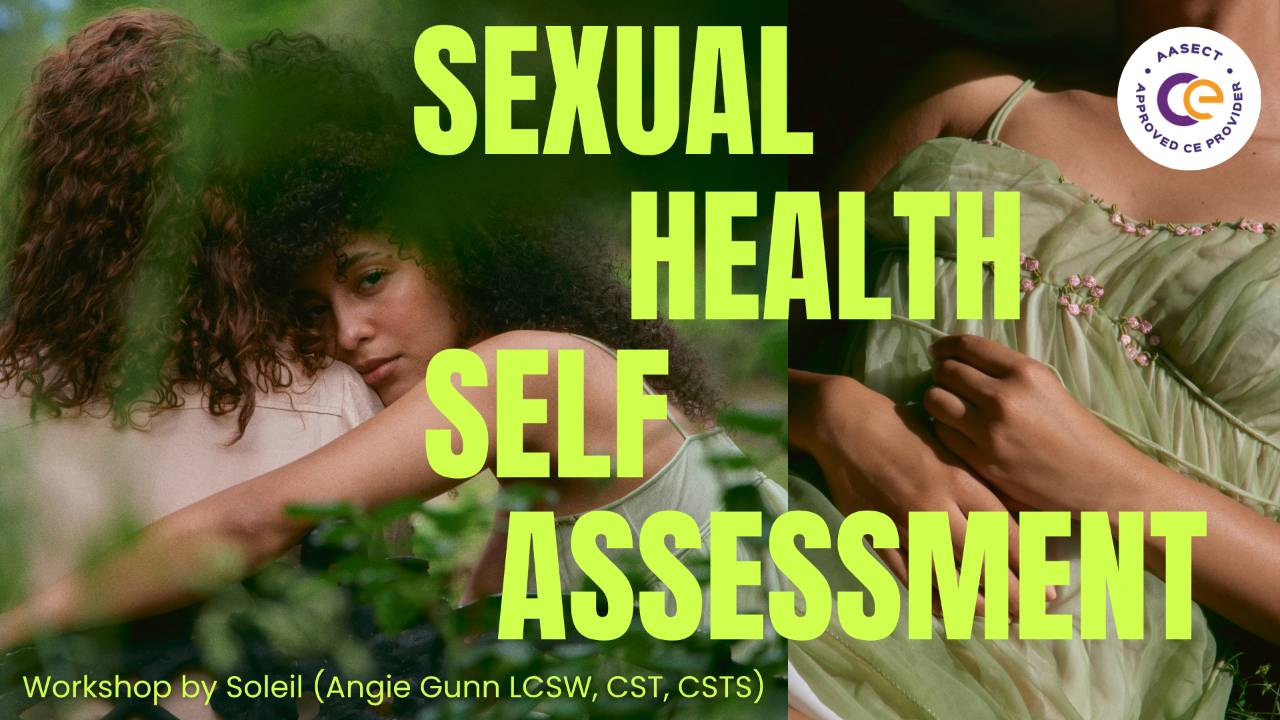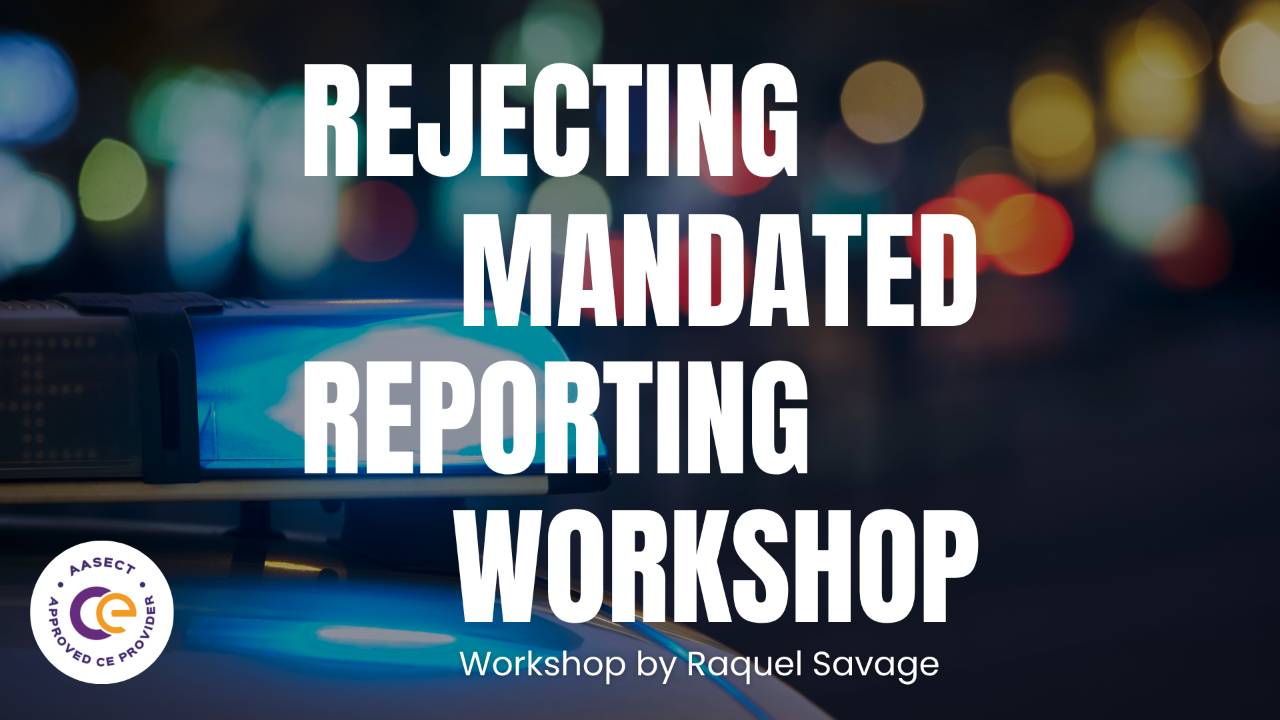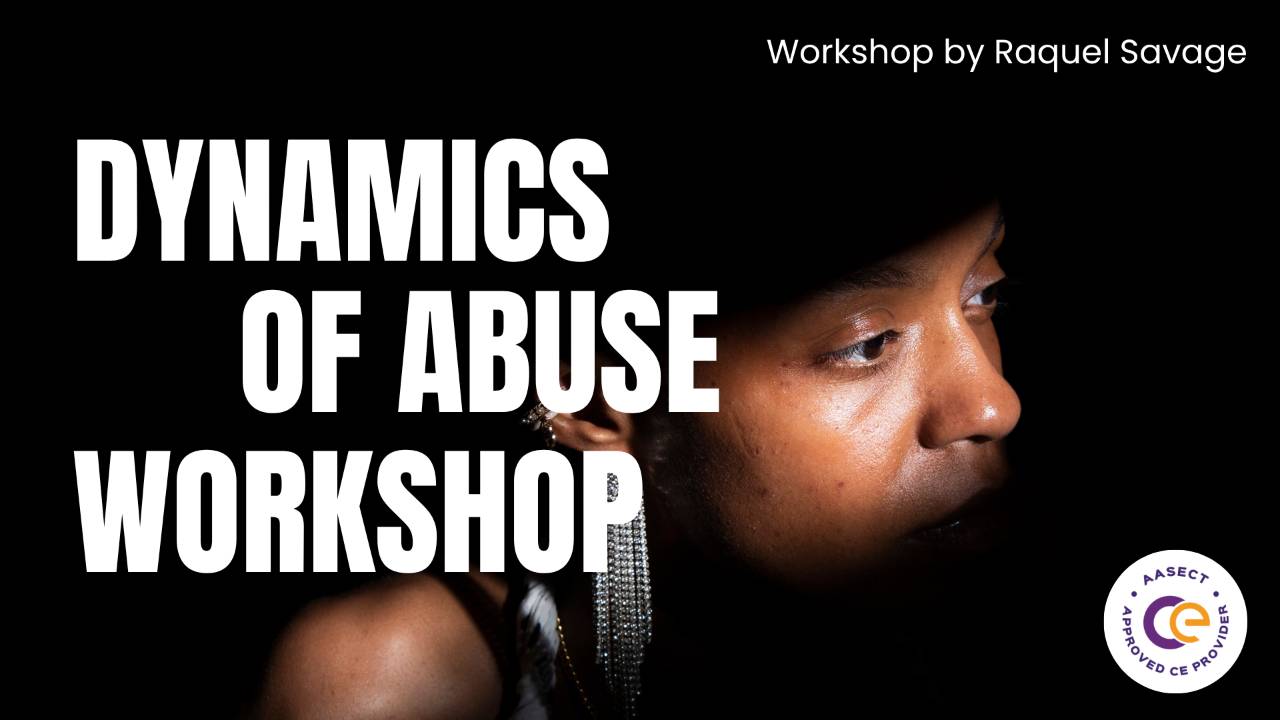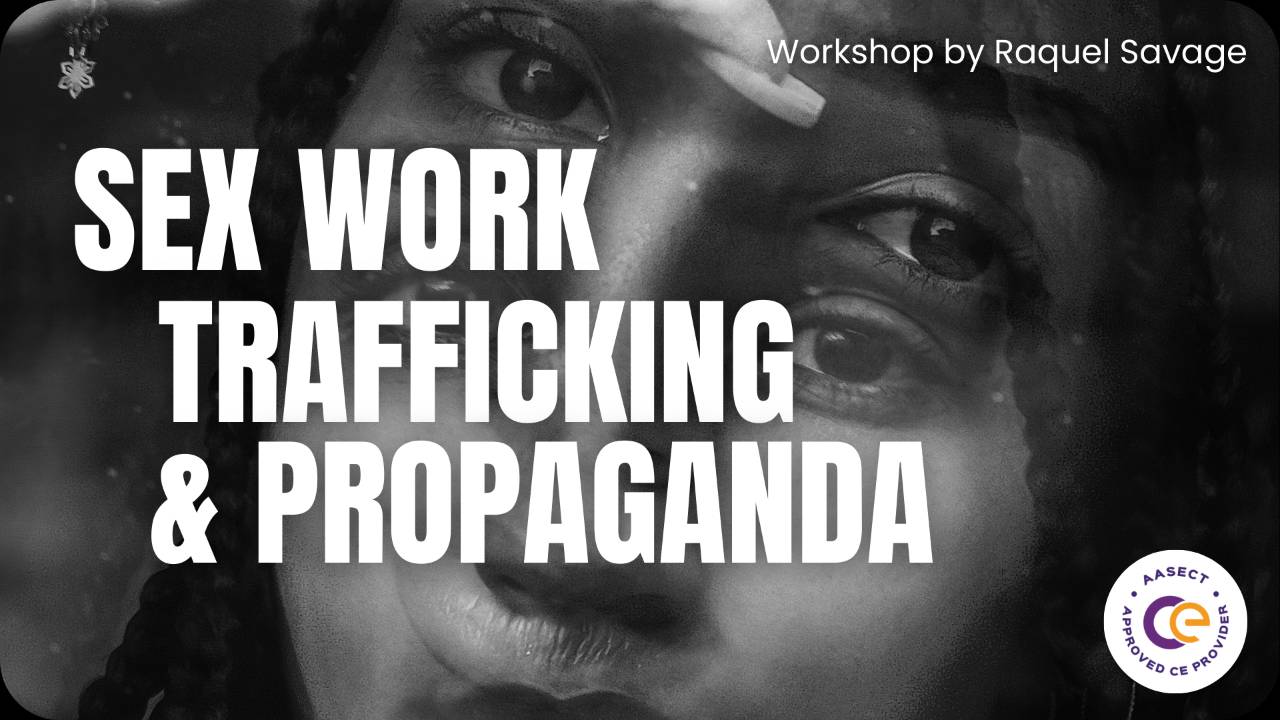Upcoming
Workshops
Register for one of our many engaging workshops below. Earn AASECT CE credits or register as a community member for a lower rate. You will also find our previous workshop recordings for sale!
Pleasure As Resistance Workshop
Reclaiming Joy and Intimacy in Marginalized Communities
Pleasure has often been denied, pathologized, or politicized in marginalized communities due to systemic oppression, intergenerational trauma, and cultural stigma. This workshop explores how reclaiming sexual and intimate pleasure can serve as a radical act of resistance, healing, and legacy-building. Clinicians will learn frameworks and strategies to support clients in centering joy, pleasure, and intimacy as tools for resilience and liberation.
This interactive and experiential workshop blends theory with guided reflection, somatic awareness practices, and applied clinical tools. Participants will be supported in examining their own assumptions about pleasure and exploring how cultural, spiritual, and relational contexts shape clients’ access to joy and intimacy. Clinicians will learn concrete strategies to assess pleasure-related barriers, support embodied safety and desire, and integrate pleasure-centered interventions into therapeutic and educational settings.
By the end of the workshop, participants will leave with expanded language, practical frameworks, and renewed permission to support clients in moving beyond survival toward wholeness, connection, and sustainable joy. This training is ideal for clinicians and educators seeking to deepen culturally responsive, trauma-informed approaches that honor pleasure as both a healing practice and a radical act of care.
🎤 Presented By: Victoria Moon
📌 What to Expect:
- A reflective discussion-based workshop clinical application.
- Practical tools for centering pleasure and joy in healing work.
👤 Who Is This Space For:
- Therapists, counselors, educators, and helping professionals who work with marginalized communities and want to deepen their pleasure-affirming practice.
👀 You’ll Leave With:
- Concrete strategies and shared language to support clients in moving from survival toward joy, intimacy, and liberation.
🧠 Learning Objectives:
By the end of this workshop, participants will be able to:
- Describe at least three sociocultural factors that impact access to pleasure and intimacy in marginalized communities.
- (c): Socio-cultural factors (e.g., ethnicity, culture, religion, spirituality, socio-economic status, family values) in relation to sexual values and behaviors
- (f): Diversities in sexual expression and lifestyles
- Integrate at least two pleasure-centered strategies into their clinical or educational practice that support resilience and healing in marginalized clients.
- (m): Pleasure enhancement skills
- Sexuality Education (d): Approaches to sexuality education with specific populations
Accessibility: Zoom offers live captioning. If further accessibility tools are needed please let us know.
Workshop Recordings
Missed one of our workshops? No problem! You can purchase the recording below and still get AASECT CEs. Please Note: The recordings of workshops by guest presenters will NOT be available for sale after the event itself.




